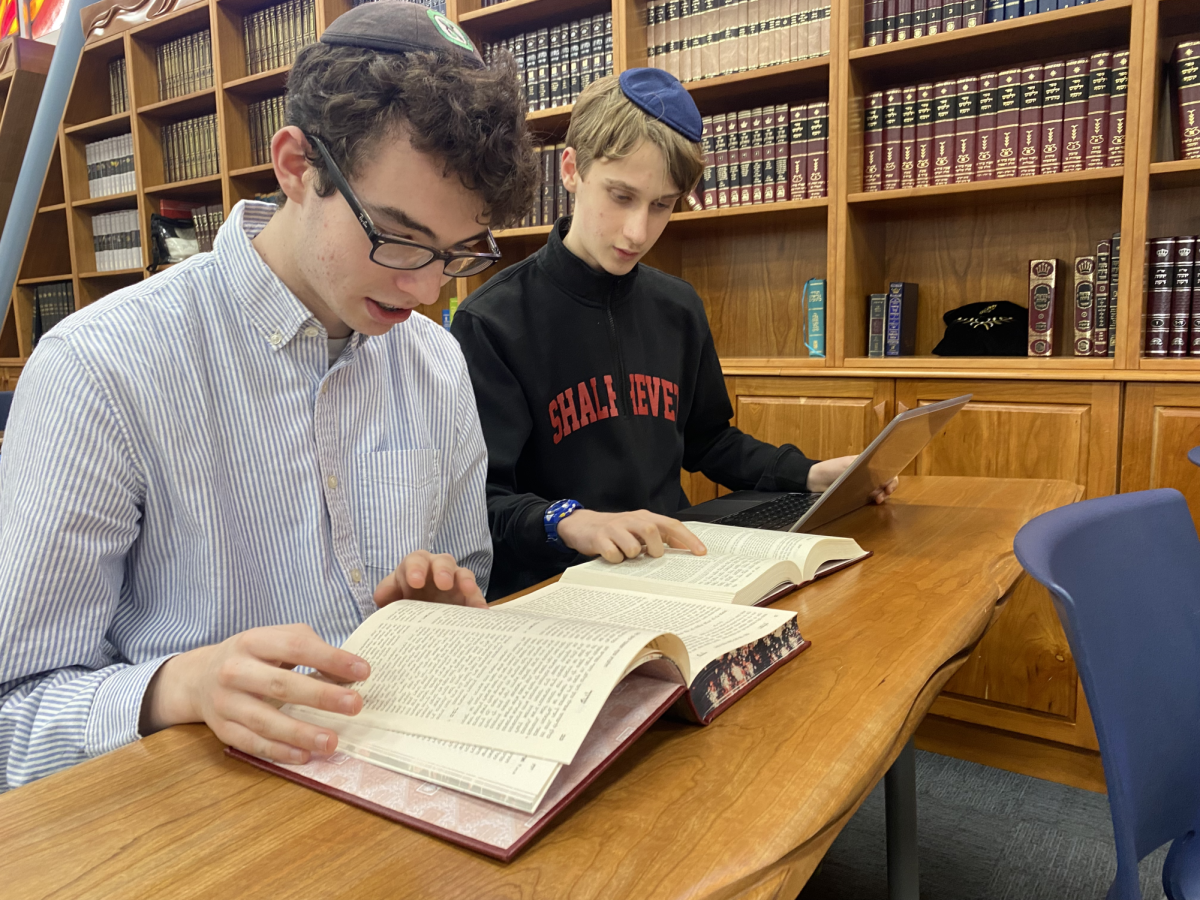What’s in a name? Well, if it’s the name of this week’s sedra, a lot! Parashat and Sefer Vayikra begin with a seemingly basic phrase: “And Hashem called to Moshe and he spoke to him…” (Vayikra 1:1) Immediately, the Ramban, Nachmanides, questions Hashem’s action of ‘Vayikra,’ and he called.
Why does Hashem “call” for Moshe? Aren’t God and Moshe already on a regular talking basis? Throughout much of Sefer Shmot, the Torah describes the verbal relationship between Hashem and Moshe to be a very direct one. The Midrash tells us that out of everyone granted nevuah, prophecy, Moshe alone had the ability to communicate with Hashem directly. So if Moshe was so close to God, why did he need to be called?
At the end of Sefer Shmot, the Mishkan, Tabernacle had been erected, Hashem rested his Shechina, spirit there. Moshe felt threatened by G-d’s overwhelming presence within the Mishkan and was subsequently, hesitant to enter it. Hashem, therefore, had to call Moshe in order to draw him to speak with him.
In a Torah scroll, and most Chumashim, the letter Aleph in the word ‘Vayikra’ is written in a smaller font size. The Ba’al HaTurim, the 14th Century author of the Arbah Turim, a collection of Halachot, mentions that the small aleph is a result of Moshe’s humility. When writing down the text of the Torah, Moshe intended to omit the Aleph so that the word would read ‘Vayikar,’ a word with the same meaning.
Vayikar is the word used to describe Hashem’s summoning of Baalam in Parashat Balak. Balaam was a prophet who originally used his nevuah to curse Bnei Yisrael. Moshe exhibited humility by requesting to associate his name with a word bound to Baalam, a request which Hashem rejected. He obeyed God but only half-heartedly as he made the distinguishing letter smaller.
An important principle in Judaism is the concept of Yirat Hashem, literally ‘fear of God.’ More specifically, Yirat Hashem requires that one must fear Hashem, be in awe of Hashem, and realize Hashem’s greatness in relation to one’s own. Moshe is a great example of someone with true Yirat Hashem, which we see from just the first word of the Sedra.







